Remarkable research
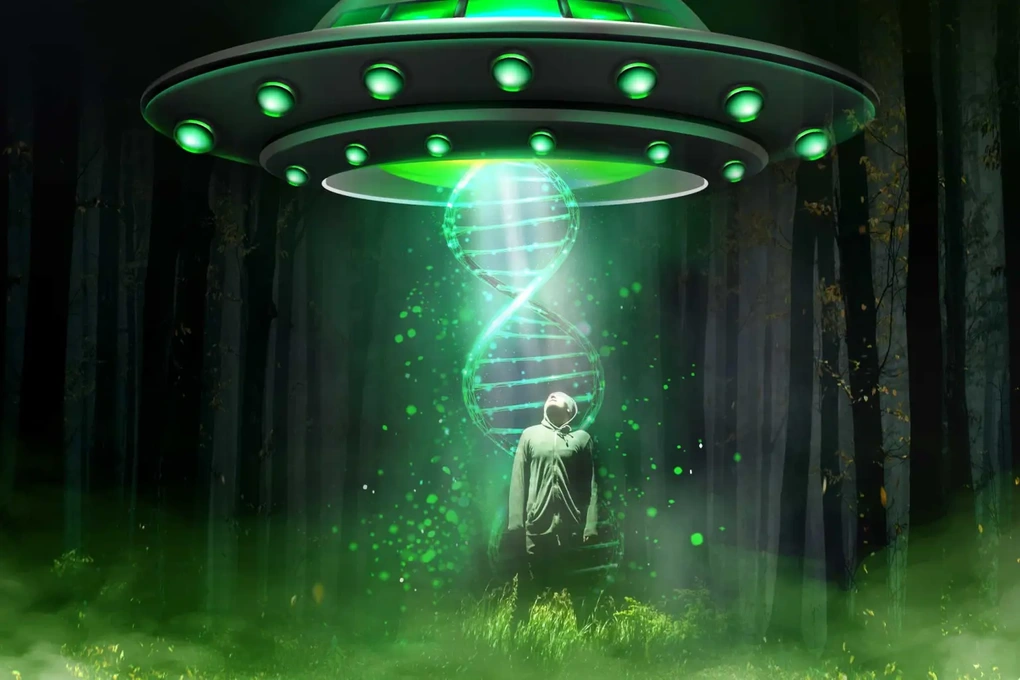
There are still many parts of the human genome that are not fully understood (illustrative photo: Falon/NY Post).
According to the New York Post on October 6, the work by Dr. Max Myakishev-Rempel, of the DNA Resonance Research Foundation, published on the ResearchGate platform with the title "Preliminary evidence of traces of alien genetic manipulation in humans".
In the report, the authors said they analyzed genetic data from 581 families in the 1000 Genomes Project database. They noted that in 11 families, genetic variants that did not completely match the parents, or so-called “non-parental alleles,” appeared.
In total, 348 variants were noted to be abnormal compared to the average.
From this, Dr. Rempel hypothesized that there may be unknown mechanisms that cause foreign gene segments to appear in the human genome.
He also ruled out the possibility of artificial gene editing (such as CRISPR technology) because the research samples were from before 1990, when this technology was not yet available.
The scientific community responded cautiously.
Although the results have attracted public attention, many geneticists say they should be interpreted with caution.
Live Science and Snopes say there is currently no solid scientific evidence to confirm the existence of "alien" DNA in humans.
Professor Nigel Watson, author of Portraits of Alien Encounters Revisited , said: “If proven, this would be a historic discovery, but independent verification and transparency of the data is needed before such big conclusions can be drawn.”
Scientists also pointed out that the phenomenon of “parental gene mismatch” can arise from technical noise, random mutations, complex gene recombination or errors in genetic data processing.
In large-scale studies, these “strange segments” are often detected but are then explained by normal biological mechanisms.
More data and scientific criticism needed
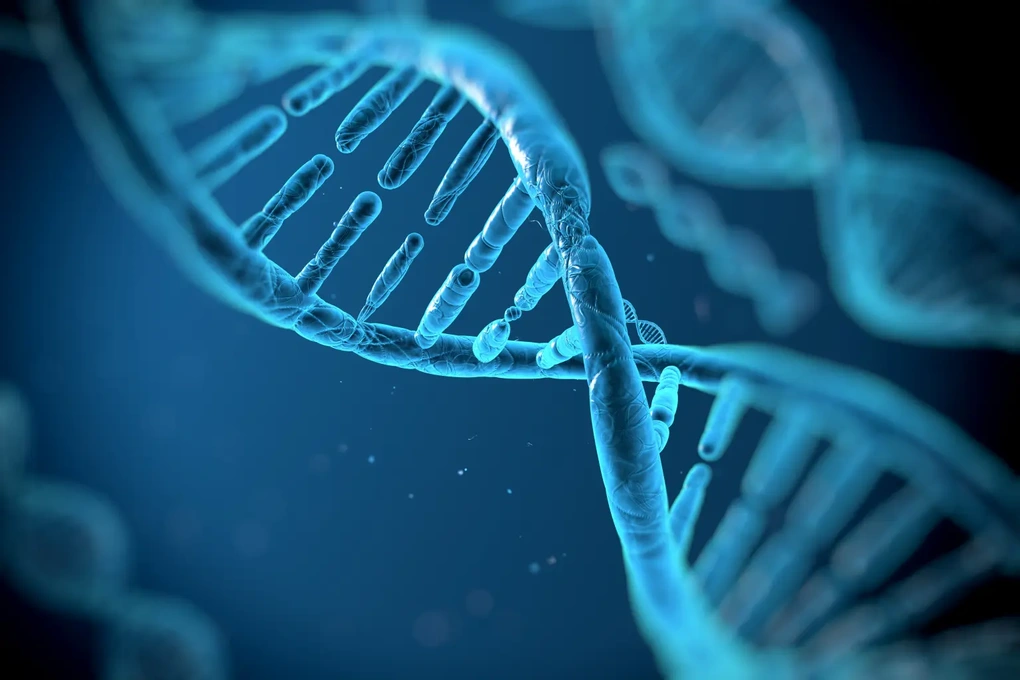
Dr. Rempel himself admitted that his research did not have convincing evidence, and emphasized the need to use whole genome sequencing (WGS) or next-generation sequencing (NGS) with higher accuracy for verification.
“Current commercial genomics services don’t have the resolution to detect complex variants. We need more data and independent comparisons,” he told Vice .
According to experts, to confirm this hypothesis, the scientific community needs to replicate the study with independent samples, using modern genetic data sets, publishing the results through a rigorous peer review process in reputable genetics journals, and also need to evaluate the biological origin of these variants, to see if they may belong to viruses, bacteria or unknown endogenous gene segments.
There is currently no scientific evidence that humans carry extraterrestrial DNA. However, Dr. Rempel’s work reminds us of an interesting fact: the human genome is still largely unknown, and the search for our origins and evolution is an unfinished journey.
Source: https://dantri.com.vn/khoa-hoc/tranh-luan-ve-gia-thuet-dna-nguoi-ngoai-hanh-tinh-trong-con-nguoi-20251008005620186.htm




![[Photo] Prime Minister Pham Minh Chinh chairs a meeting of the Government Standing Committee on overcoming the consequences of natural disasters after storm No. 11](https://vphoto.vietnam.vn/thumb/1200x675/vietnam/resource/IMAGE/2025/10/09/1759997894015_dsc-0591-jpg.webp)

![[Photo] Prime Minister Pham Minh Chinh chairs the Conference to deploy the National Target Program on Drug Prevention and Control until 2030](https://vphoto.vietnam.vn/thumb/1200x675/vietnam/resource/IMAGE/2025/10/09/1759990393779_dsc-0495-jpg.webp)

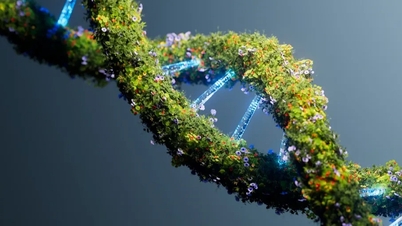

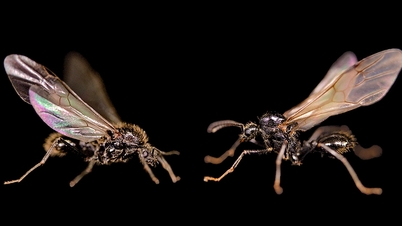

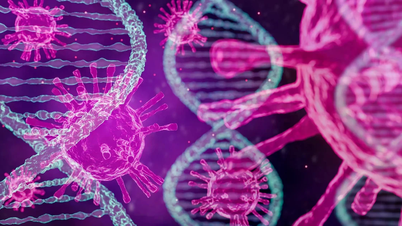

















































































Comment (0)